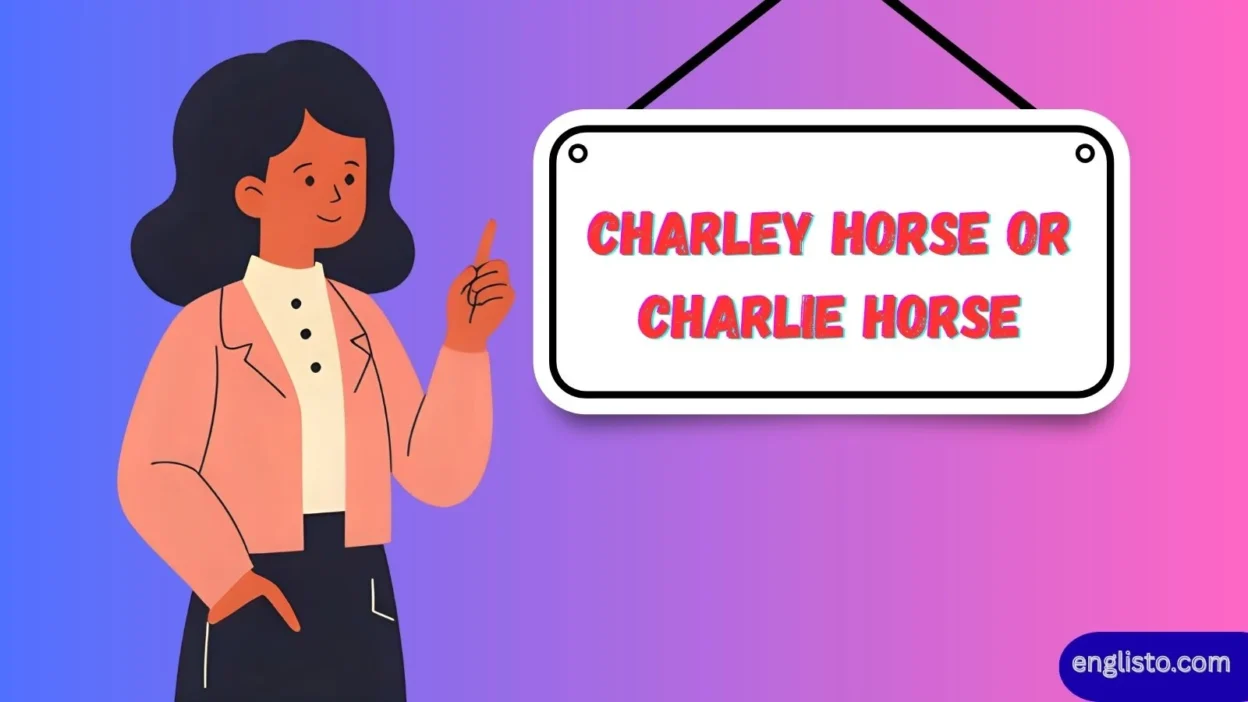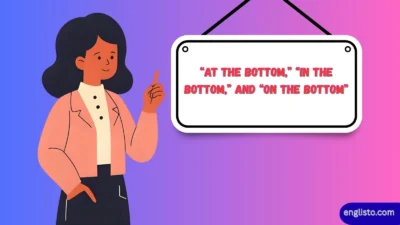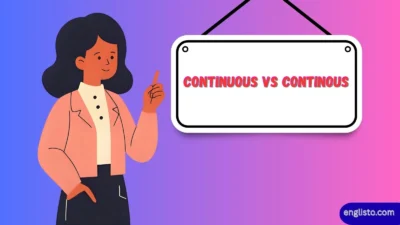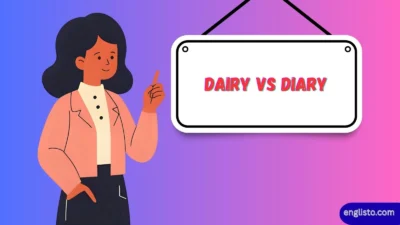Muscle cramps are one of those sudden, frustrating experiences that nearly everyone has had at some point. You’re sleeping soundly, walking across the room, or maybe stretching after exercise, and then — bam! — a sharp, tightening pain seizes your leg. Most people call this painful spasm a “Charley horse” (sometimes spelled “Charlie horse”). But what does this phrase really mean? Where did it come from, and how should it be used in writing or conversation? Charley Horse or Charlie Horse.
This guide takes you through the origins, grammar, and medical context of Charley horse while showing you how it differs from other words and phrases. Whether you’re a writer, student, health enthusiast, or just curious about everyday idioms, you’ll leave with a clear and practical understanding of the term.
What Is a Charley Horse?
A Charley horse is the common name for a sudden, involuntary muscle spasm, usually in the legs or feet. It feels like your muscle is locking up, twisting, or clenching painfully.
- Most often occurs in the calf muscles
- Can last from a few seconds to several minutes
- Leaves the muscle sore or tender afterward
- Commonly triggered during sleep, exercise, or dehydration
Think of it like your muscle rebelling against you for a short moment. Unlike minor aches, a Charley horse demands your attention immediately.
Charley Horse vs. Charlie Horse: Which Is Correct?
Both spellings — Charley horse and Charlie horse — appear in print and speech, but one has historical priority.
| Spelling | Common Usage | Notes |
| Charley horse | Traditional, older spelling | Found in historical references from the 1880s |
| Charlie horse | Modern, simplified spelling | More common in casual writing and digital media |
Key Takeaway
- “Charley horse” is the original spelling.
- “Charlie horse” has become widely accepted in modern English.
Neither is wrong, but if you’re writing formally, “Charley horse” is more historically accurate.
Where Did the Term Come From?
The phrase first appeared in the late 19th century in the United States. Several theories exist:
- Baseball origins: Some say it started in baseball when players developed cramps after long games. A player or groundskeeper named Charley may have inspired the phrase.
- Workhorse comparison: Another story suggests it compares a stiff, cramping leg to an old horse named Charley that limped.
- Folk slang: It could also simply reflect how colorful 19th-century American slang loved animal comparisons.
Regardless of the exact source, it became a fixture in everyday language — especially in sports commentary and medical advice.
Everyday Usage in Conversation
Here are some natural ways you might hear or use the term:
- At the gym: “I had to stop running because I got a Charley horse in my calf.”
- At night: “That Charlie horse woke me up out of a dead sleep.”
- In advice: “Drink more water so you don’t get a Charley horse.”
It’s usually informal, friendly, and easy to understand across all age groups.
Charley Horse in Medical Context
While the phrase is casual, doctors call it a muscle spasm or cramp.
Common Causes:
- Dehydration
- Overuse of muscles
- Lack of electrolytes (potassium, magnesium, calcium)
- Poor blood circulation
- Sleeping in an awkward position
Quick Relief Strategies:
- Stretch the muscle gently
- Massage the area
- Apply heat for relaxation
- Apply ice if soreness lingers afterward
Synonyms and Related Expressions
Although Charley horse is the go-to phrase in American English, other terms can carry a similar meaning:
| Term | Context | Example |
| Muscle cramp | Medical, formal | “The patient reported severe muscle cramps at night.” |
| Leg spasm | Neutral, descriptive | “She had a leg spasm while climbing.” |
| Cramp | General everyday usage | “I can’t move, I’ve got a cramp!” |
| Knot | Informal slang | “There’s a knot in my calf.” |
Note
Charley horse is specific to English in the U.S. In British English, people usually just say cramp.
Grammar and Usage Tips
- Noun form: Always used as a noun.
- Correct: “I got a Charley horse.”
- Incorrect: “I Charley horsed my leg.”
- Correct: “I got a Charley horse.”
- Capitalization: Generally lowercase unless it starts a sentence.
- “A charley horse can be very painful.”
- “A charley horse can be very painful.”
- Plural form: Charley horses or Charlie horses.
- “He’s had three Charley horses this week.”
- “He’s had three Charley horses this week.”
- Tone: Informal, conversational, often in spoken English.
Idioms and Figurative Uses
Sometimes Charley horse is used playfully or metaphorically:
- “That exam gave me a mental Charley horse.”
(Meaning: It was unexpectedly painful or difficult.) - “She danced all night without a single Charley horse.”
(Celebrating stamina and luck.)
It’s flexible enough to appear in humor, storytelling, and even motivational speeches.
Charley Horse Prevention Tips
If you want fewer night wakings and painful muscle spasms, prevention matters.
| Prevention Strategy | Why It Helps |
| Stay hydrated | Muscles need water to contract smoothly |
| Stretch before sleep/exercise | Keeps muscles loose and flexible |
| Balance electrolytes | Potassium, magnesium, and calcium reduce spasms |
| Wear proper footwear | Supports posture and reduces strain |
| Avoid overexertion | Overworked muscles cramp more often |
Simple lifestyle tweaks can make a big difference in frequency and intensity.
Real-Life Examples
- Sports: During a basketball game, a player suddenly collapses, grabbing his leg. Commentators often announce, “Looks like he’s dealing with a Charley horse.”
- Daily life: A pregnant woman may say, “I get Charlie horses almost every night.”
- Storytelling: Someone describing a camping trip: “The hike was great until a Charley horse had me limping back to camp.”
These examples highlight how common and relatable the phrase is.
Quick Comparison: Charley Horse vs. Other Pains
| Condition | Description | Difference |
| Charley horse | Sudden cramp in leg/foot | Sharp, short-lived spasm |
| Muscle strain | Overstretching or tearing muscle | Lasts longer, may swell |
| Shin splints | Pain along shin bone | Related to stress injury, not a cramp |
| Restless legs | Tingling or urge to move | Not painful cramping |
Understanding this helps you describe symptoms accurately in both casual and medical settings.
Why the Phrase Sticks in Culture
The charm of Charley horse lies in its imagery. Instead of a clinical word like “cramp,” it gives you a mental picture: a stubborn, kicking horse bucking inside your leg. It’s memorable, relatable, and adds color to language. That’s why even after 140 years, people still use it.
Final Thoughts
Whether you spell it Charley horse or Charlie horse, the phrase captures the universal, uncomfortable reality of sudden muscle cramps. It blends folklore, sports history, and medical truth into one vivid expression.
- If you want accuracy: stick with Charley horse.
- If you want simplicity: Charlie horse works just fine.
- If you want to avoid confusion: use muscle cramp in medical or formal contexts.
Next time you wake up in the middle of the night clutching your calf, at least you’ll know exactly what to call it — and maybe even a trick or two to stop it from happening again.



